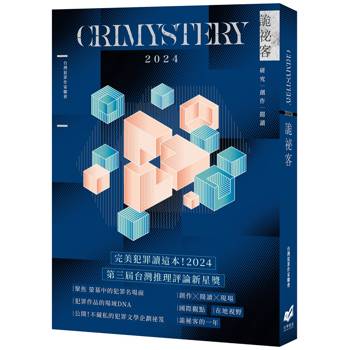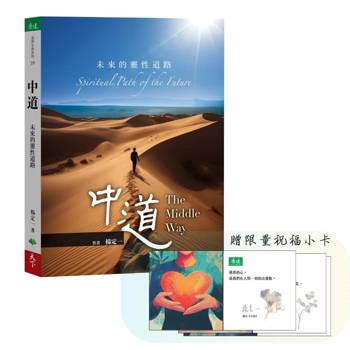In light of increasing demands on teachers and the need to develop teaching-related competences, this book examines the situation-specific skill of teacher noticing in pre-service and in-service secondary mathematics teachers. A video-based test instrument is used to measure teachers’ noticing skills in perception, interpretation, and decision-making from both general and mathematics pedagogical perspectives. The aim is to understand the structure and characteristics of teacher noticing across different groups, as well as the influences of teaching experience and opportunities to learn. Three quantitative studies are conducted: two cross-sectional studies with 457 participants, including master’s students, early career teachers, and experienced teachers, and one longitudinal study with 175 master’s students. The results support the conceptualization of teacher noticing as comprising three facets. They also reveal positive influences of teaching experience on the development of teacher noticing, with in-service teachers outperforming master’s students. However, experienced teachers perform similarly to early career teachers in general and worse in certain areas, suggesting saturation or forgetting effects. The longitudinal study finds that interpretation skills facilitate the development of perception and decision-making, emphasizing the knowledge-based nature of teacher noticing.
| FindBook |
有 1 項符合
Teacher Noticing of Pre-Service and In-Service Secondary Mathematics Teachers: Influences of Teaching Experience, Cognitive Demands, and Teaching Inte的圖書 |
 |
Teacher Noticing of Pre-Service and In-Service Secondary Mathematics Teachers: Influences of Teaching Experience, Cognitive Demands, and Teaching Inte 作者:Bastian 出版社:Springer Spektrum 出版日期:2024-08-09 語言:英文 規格:平裝 / 21.01 x 14.81 cm / 普通級/ 初版 |
| 圖書館借閱 |
| 國家圖書館 | 全國圖書書目資訊網 | 國立公共資訊圖書館 | 電子書服務平台 | MetaCat 跨館整合查詢 |
| 臺北市立圖書館 | 新北市立圖書館 | 基隆市公共圖書館 | 桃園市立圖書館 | 新竹縣公共圖書館 |
| 苗栗縣立圖書館 | 臺中市立圖書館 | 彰化縣公共圖書館 | 南投縣文化局 | 雲林縣公共圖書館 |
| 嘉義縣圖書館 | 臺南市立圖書館 | 高雄市立圖書館 | 屏東縣公共圖書館 | 宜蘭縣公共圖書館 |
| 花蓮縣文化局 | 臺東縣文化處 |
|
|
圖書介紹 - 資料來源:博客來 評分:
圖書名稱:Teacher Noticing of Pre-Service and In-Service Secondary Mathematics Teachers: Influences of Teaching Experience, Cognitive Demands, and Teaching Inte
Approximation and Regularisation Methods for Operator-Functional Equations
A Mathematical Tour
Convexity and Its Applications in Discrete and Continuous Optimization
Homotopy Theory of Enriched Mackey Functors: Closed Multicategories, Permutative Enrichments, and Algebraic Foundations for Spectral Mackey Functors
Higher Dimensional Algebraic Geometry: A Volume in Honor of V. V. Shokurov
Primal Heuristics in Integer Programming
Primal Heuristics in Integer Programming
Abstract Chiral Polytopes
Die Aufschließung von Differentialinvarianten
Back to Statistics: Tail-Aware Control Performance Assessment
A Mathematical Tour
Convexity and Its Applications in Discrete and Continuous Optimization
Homotopy Theory of Enriched Mackey Functors: Closed Multicategories, Permutative Enrichments, and Algebraic Foundations for Spectral Mackey Functors
Higher Dimensional Algebraic Geometry: A Volume in Honor of V. V. Shokurov
Primal Heuristics in Integer Programming
Primal Heuristics in Integer Programming
Abstract Chiral Polytopes
Die Aufschließung von Differentialinvarianten
Back to Statistics: Tail-Aware Control Performance Assessment
|










